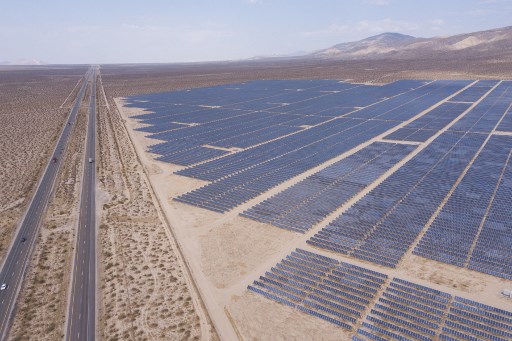
403
Sorry!!
Error! We're sorry, but the page you were looking for doesn't exist.
Tunisia to produce 1,700 MW of electricity from renewable energy sources by 2027
(MENAFN) Tunisia has approved agreements to produce 1,700 megawatts of electricity from renewable energy sources by 2027, equivalent to about 5 percent of the country's total electricity production. According to government statements, this initiative will help Tunisia save approximately USD200 million annually by reducing the consumption of natural gas by 250,000 tons and lowering electricity production costs. The move aligns with Tunisia's broader goal of generating 35 percent of its electricity from renewable sources by 2030.
While the government has not disclosed the names of the investors awarded the renewable energy contracts, sources suggest that the announcement will follow the completion of procedural requirements. The transition to cleaner energy is part of Tunisia's strategy to address its growing energy demands and decrease reliance on imported electricity, which has been critical in recent months.
A report by Tunisia's National Energy Observatory highlighted a sharp increase in electricity imports from neighboring Algeria and Libya. These imports contributed to meeting 14 percent of Tunisia's electricity needs by the end of September 2024. The reliance on imports reflects the country's ongoing challenges in achieving energy self-sufficiency, particularly amid fluctuations in domestic energy production.
Additionally, Tunisia's energy balance recorded a deficit of 13 percent on an annual basis by the end of September 2024, amounting to approximately 4.1 million tons of oil equivalent. Over the same period, national electricity production totaled 15,270 gigawatt hours, marking a slight decline of 1 percent compared to the corresponding period in 2023.
While the government has not disclosed the names of the investors awarded the renewable energy contracts, sources suggest that the announcement will follow the completion of procedural requirements. The transition to cleaner energy is part of Tunisia's strategy to address its growing energy demands and decrease reliance on imported electricity, which has been critical in recent months.
A report by Tunisia's National Energy Observatory highlighted a sharp increase in electricity imports from neighboring Algeria and Libya. These imports contributed to meeting 14 percent of Tunisia's electricity needs by the end of September 2024. The reliance on imports reflects the country's ongoing challenges in achieving energy self-sufficiency, particularly amid fluctuations in domestic energy production.
Additionally, Tunisia's energy balance recorded a deficit of 13 percent on an annual basis by the end of September 2024, amounting to approximately 4.1 million tons of oil equivalent. Over the same period, national electricity production totaled 15,270 gigawatt hours, marking a slight decline of 1 percent compared to the corresponding period in 2023.

Legal Disclaimer:
MENAFN provides the
information “as is” without warranty of any kind. We do not accept
any responsibility or liability for the accuracy, content, images,
videos, licenses, completeness, legality, or reliability of the information
contained in this article. If you have any complaints or copyright
issues related to this article, kindly contact the provider above.


















Comments
No comment